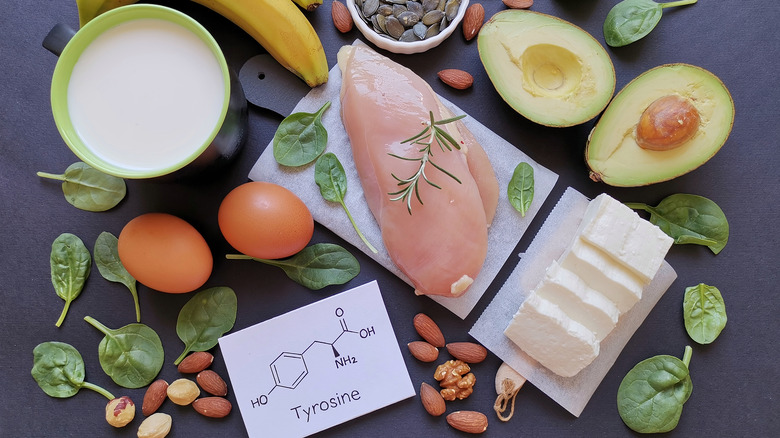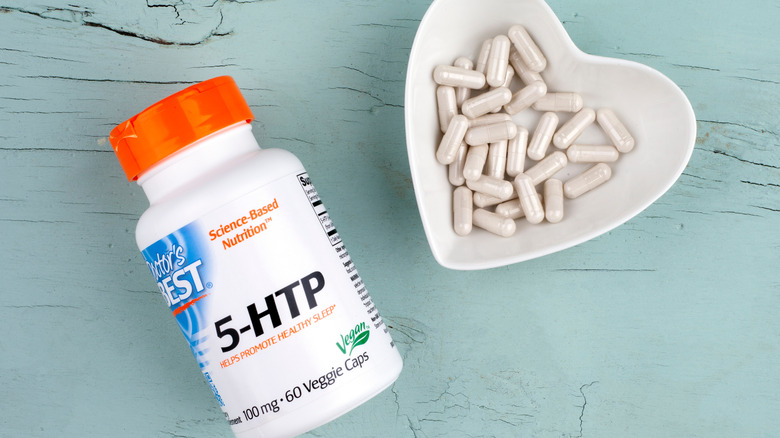Are you feeling down for no particular reason?
Do your symptoms start in the fall and get worse as the temperature drops?
Then you might be dealing with seasonal depression.

Carbohydrate cravings are common, too, notes theCleveland Clinic.
Researchers say that SAD affects about 5% of Americans.
More than two-thirds of those who experience this problem are women.

An excess of melatonin, the sleep hormone, can result in tiredness and diminished mental focus.
As a result, it can boost your mood and mental focus.
Take the supplements before eating to get to maximize their absorption into the bloodstream.

For best results, use them along with vitamin B6, vitamin B9, and copper.
After ingestion, this compound is broken down into serotonin, the so-called “happiness hormone.”
“Increased serotonin equals mood improvement sometimes within minutes,” explains Gershman.

This supplement can be just as effective as some antidepressant drugs, says theU.S.
National Library of Medicine.
To stay on the safe side, start with a small dose and increase it gradually.
Don’t usethis productif you’re taking antidepressants, painkillers, or drugs prescribed for migraines.
Jennifer Gershman, PharmD, CPh.
recommends tyrosine, melatonin, and St. John’s wort in addition to 5-HTP (viaPharmacy Times).
Melatonin, the sleep hormone, regulates your internal clock.
St. John’s wort supports emotional and mental health, says Gershman.
She also suggests taking S-adenosyl-methionine (SAM-e), a dietary supplement that keeps your nervous system functioning properly.
However, none of these products is a miracle cure.
They may work for some people, but not for others.
You may also need to tweak your lifestyle habits toget into a better moodand beat the blues.
Stay active, fill up on vitamin D, and squeeze more “me” time into your schedule.
For example, exercise is clinically proven to prevent depression, according to the researchers atMassachusetts General Hospital.